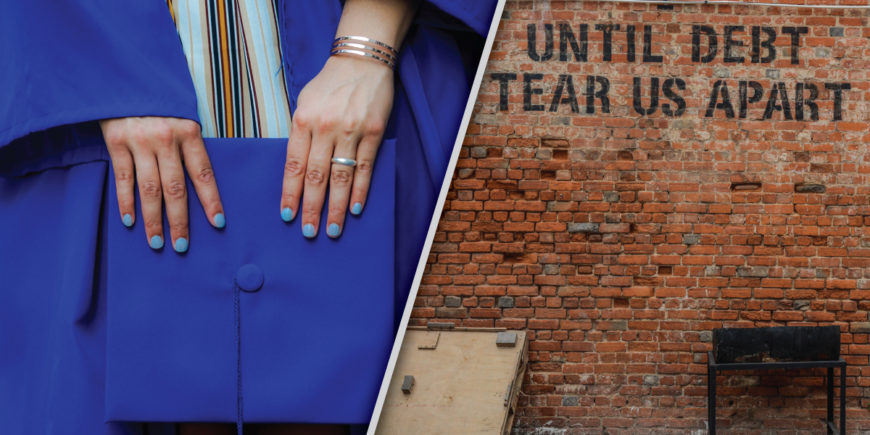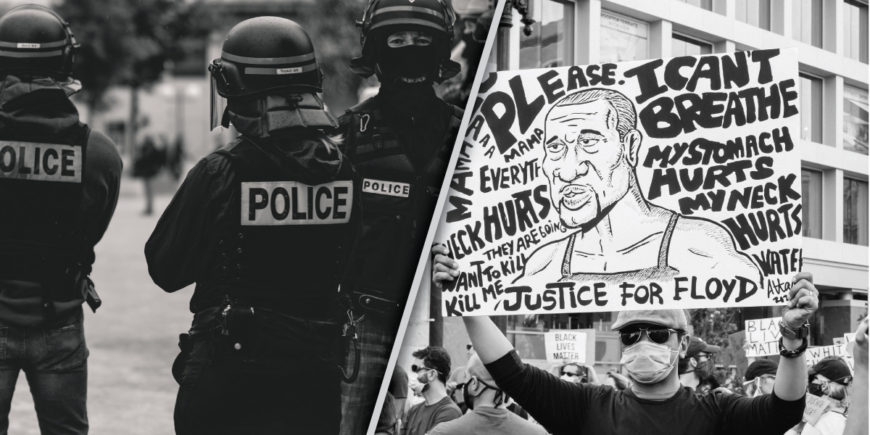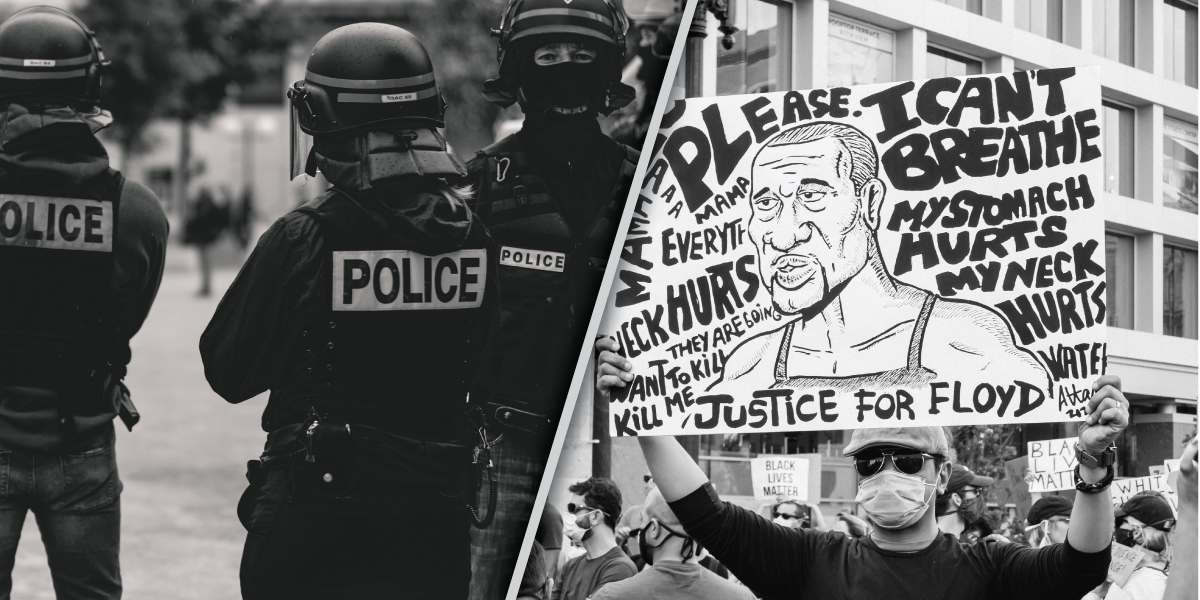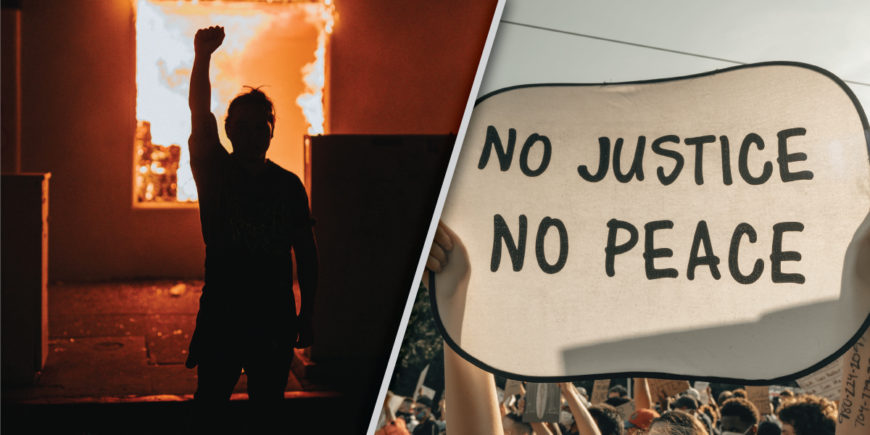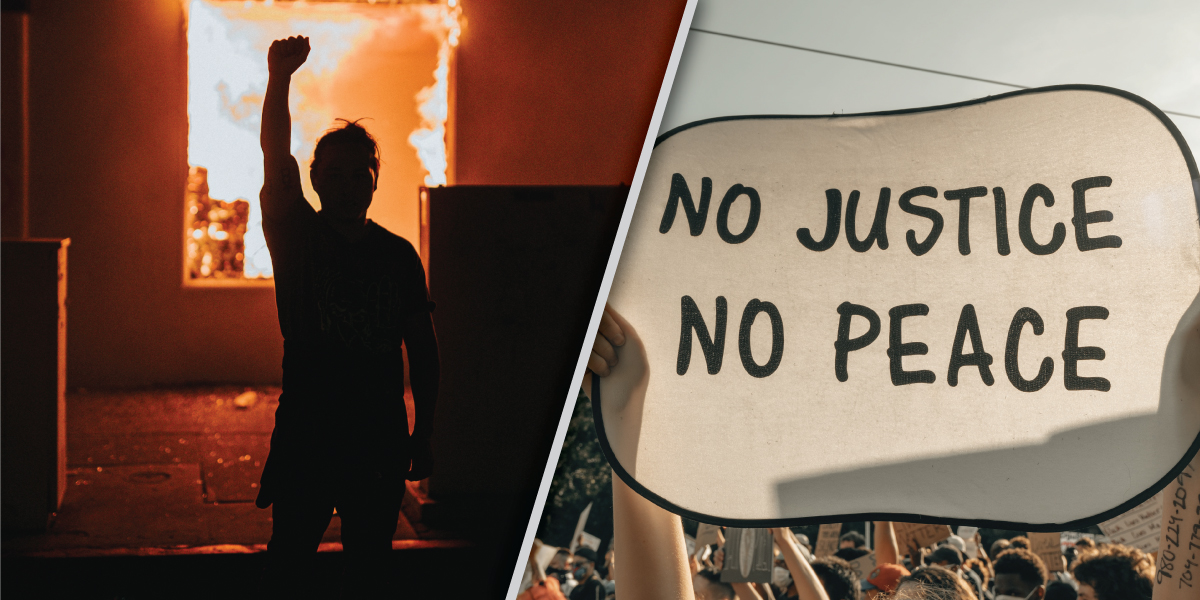
Homelessness After College 2
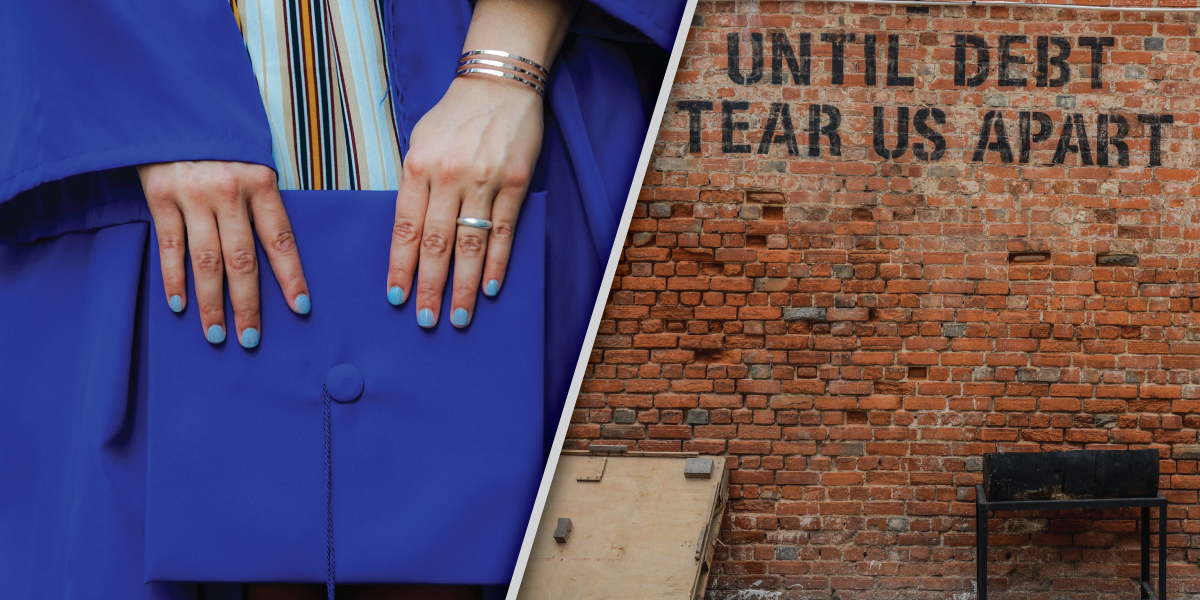

Previous Segments In This Series: Homelessness After College
Names of the individuals and local business have been changed for privacy and legal reasons. This story reaches further than the players involved–the universality of the issues discussed should alarm us all.
Part 1: A failure of adults
Like so many bright and hungry teenagers, Jesse and Beth listened to the adults of this nation, and worked hard in school to get into a good college. They hadn’t even met yet, but both, in their respective towns, were working through the checklist of academic achievements and extra curriculars, believing in what they had been told–that their hard work and passion, applied to a college education, would earn them some level of success. Too many teenagers from up and coming generations are faced with the same unacceptable truth. College is not a reliable pathway to work, and colleges are handcuffing former students to loans that are unbearable for those graduates that find themselves without the jobs that were advertised.
Every generation has endured some form of hardship, and sometimes our own hardships from the past make us blind to the new challenges that younger generations face. We justify watching our youth struggle because we see it as a right of passage, and possibly also because in hindsight, we see the value of the lessons learned from our own difficult experiences. Despite this value, we must have compassion, and intervene when we see nothing but pain.
We justify watching our youth struggle because we see it as a right of passage
As one of the adults in the room, I’m horrified to think that Jesse and Beth did everything “the adults” asked or recommended, and then when the result didn’t fit society’s narrative, we collectively abandoned them. Young people are by all definitions being scammed through false advertising and promises of opportunities that colleges and universities seem unable to make good on. We are letting down our children by refusing to acknowledge that not everything that was good for our generation is good for theirs. And worse, when they fail, we imagine that the problem is their endurance for difficulty, not the difficulty itself.
Part 2: Homeless with full time jobs
Jesse and Beth could be so many of this nation’s youth. They met in college, fell in love, got married, and upon graduation, were ready to find careers together. The young couple immediately began looking for work in their trained fields, and found that the hundreds of thousands of dollars spent on education had failed them entirely. As a company, we see this frequently and have come to expect that anyone freshly out of college will require almost as much training as individuals that have no higher education at all.
Due to their exceptional work ethics and natural talent–no thanks at all to the university they attended–we chose to take them on as part-time employees. As employers that provide a good wage, we were shocked when we learned that the work we could give them plus Jesse’s full time job, and a few part time gigs Beth had, weren’t coming close to paying the bills.
the couple was forced into homelessness despite a very full work schedule.
We discovered that Jesse and Beth were homeless, and had been for more than a year. Like so many others with loans that cannot be deferred, they were strapped with an enormous ongoing expense. Owing almost a grand a month in private student loans to an unforgiving bank, and with a shortage of low-income housing options, the couple was forced into homelessness despite a very full work schedule. For Jesse and Beth, the burden of student loans was only the beginning of a crushing series of events.
Part 3: COVID-19–a choice between work and safety
It is never a good time for a pandemic, or for homelessness for that matter, however experiencing both at the same time is abominable. While many of us have struggled with cabin fever inside our nice houses due to stay at home orders, Jesse and Beth have lived an unimaginably difficult existence, quarantined without shelter. Beth, who battles an immunodeficiency disorder, has struggled with her health, another expense that burdens their finances. At a time in which they needed extra precautions and assistance, they found that there was not only a lack of help, but an utter disregard for Beth’s safety.
Jesse and Beth have lived an unimaginably difficult existence, quarantined without shelter.
Recently, Jesse’s full time employer, let’s call it “Biz X”, reopened to employees. Though it was legal to resume work, Jesse was uncomfortable with the lack of safety protocols to keep employees from contracting COVID-19. With an immunocompromised wife that needed his care, and no ability to self quarantine separately, Jesse was left with little choice but to forgo a paycheck and stay away.
Jesse attempted to work with “Biz X”, explaining the situation, however “Biz X” was unempathetic. They refused to lay him off, not wanting the extra expense related to their contribution for his unemployment, but were also unwilling to compromise and make alterations to the safety of the workplace. Many people might have been able to stay at home and wait it out, thinking that the long term benefits of a steady income would outweigh the temporary hardship of living without a paycheck. But for individuals with non-deferrable student loans, this is no option at all.
With the next month’s student loan payment breathing down their neck, Jesse was given the choice of quitting to receive temporary benefits from the CARES Act, or showing up to an unsafe working environment.
For anyone unfamiliar with private student loans, it is a pervasive burden in which there is no escape and no forgiveness, unless you have money for a lawyer that can open a few unlikely doors with an “undue burden” status. Loanees cannot pause this burden or escape from it, even through expatriation. Astonishingly, for Jesse and Beth, a homeless status has not been a factor that was considered in the repayment schedule of their loan.
With all of this hardship, I had to ask myself, where is the slack supposed to come from? Life shouldn’t be this hard for young adults.
Despite all of these undue burdens, Jesse and Beth are some of our best employees. They have endured more hardship than a lifetime usually brings by just their mid-twenties. Their story is not a fringe example, but a familiar and common reality for many individuals just starting out and trying to make their way in this world.
Their story is not a fringe example, but a familiar and common reality for many individuals
This is not how it is supposed to be for anyone, and as “the adults”, we wanted to show them that despite their disappointing experiences, there are people willing to stand up and do something about injustice when they see it.
Part 4: Doing something about it
Jesse and Beth followed every reasonable step to avoid their reality, yet their actions and hard work have not had an impact on their circumstances. It is our job as adults to make sure we consider the advice we give to our youth and to protect them against predatory entities taking advantage of a generation that hasn’t had the life experience to know better. Being “the adult” means ultimately being responsible for the problems of the world and fixing them. This teaches the next generation to do the same for their descendants when we pass the torch and they are in our position.
No hard working individual should go without a roof over their head, and no bottom line should justify a business making their employees choose between the health of their family or the ability to earn an income. It is my sincere hope that we can collectively demonstrate that this is not how we treat our youth by admonishing such behaviors and by showing how caring people can band together to solve problems.
Fight With Your Mind is calling all of the “adults in the room” to do what the private student loan industry wouldn’t–recognize the undue burden. Let’s do what the university they attended should have done–pay them back when they didn’t receive the product they paid for. Let’s do what the world should have done–show them compassion. They have earned it.
The “Help Jesse and Beth get out from under their student loans donation account” has been set up here. You don’t have to donate an amount that will change their life–imagine what it means to just change their day.



